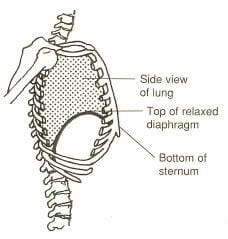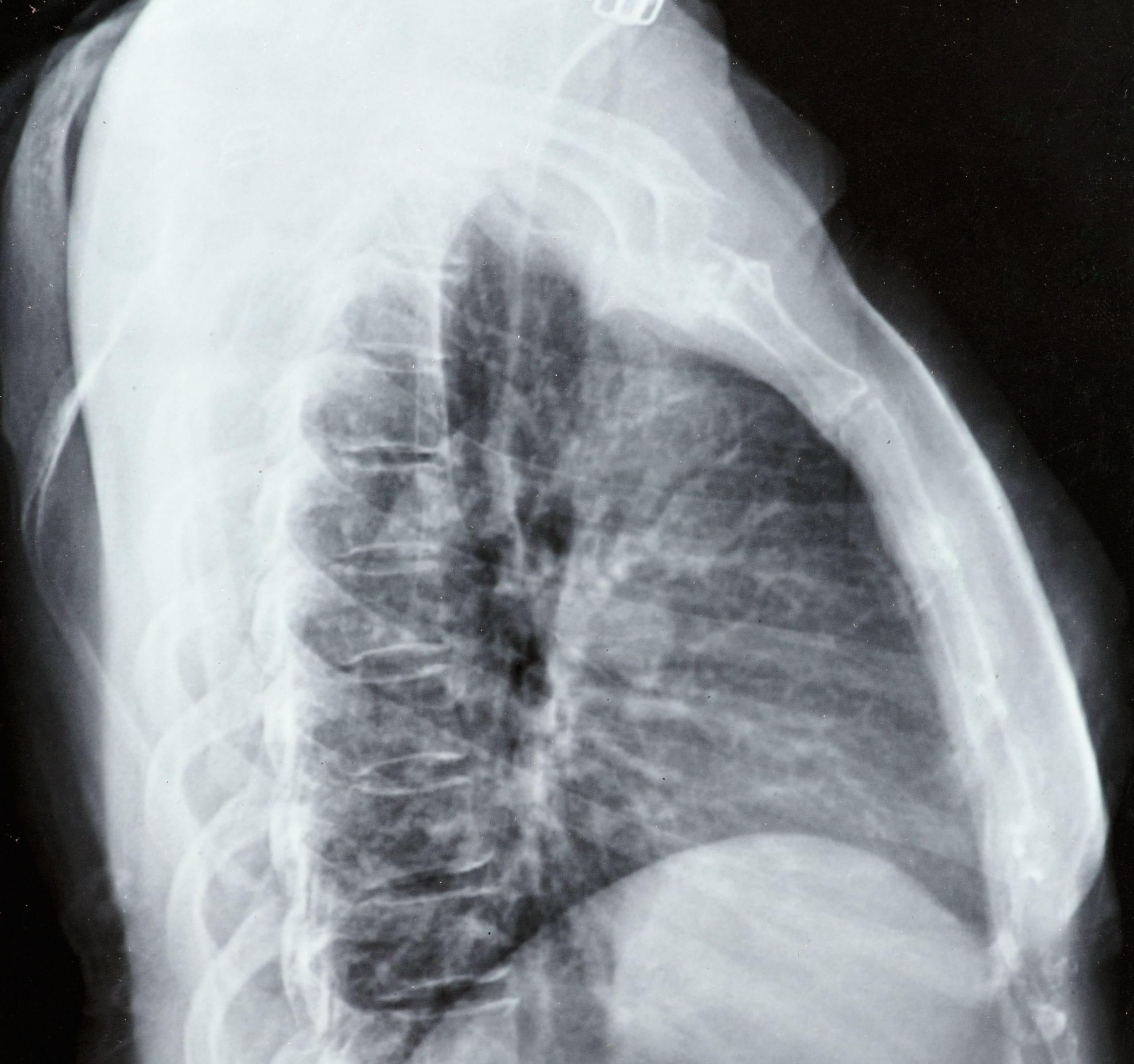 Have you been taught to push your stomach forward when you take a breath and then hold it still or push it in as you sing? Or perhaps you’ve been told to slowly exhale as you sing or “sing on an exhale“?
Have you been taught to push your stomach forward when you take a breath and then hold it still or push it in as you sing? Or perhaps you’ve been told to slowly exhale as you sing or “sing on an exhale“?
If you experience strain, tension or register break when you sing, it could be coming from tensing your belly in some way. During nearly forty years of teaching singers, I have found that tension in the abdomen causes throat tension.
In addition, pushing-in your abdomen when singing results in driving out too much air. Excessive air pressure against your vocal folds causes them to either tense or blow apart. When they tense:
- You will strain
- Lose notes in your range
- Sound “pitchy” (the note will be slightly off pitch: sharp or flat)
- Sound weak or only be able to sing loudly with little to no dynamics.
If the vocal folds blow apart or separate due to excessive air pressure, you will have register break.
Natural breathing
Try this exercise.
1) Lightly place the backs of each of your hands on the sides of your torso half way between the waist and the underarms.
2) Take a deep breath and let your ribs expand outward against your hands. You will probably feel the air coming into your lungs as your ribs expand. [If your ribs are not expanding out against your hands, you may be lifting your chest or pushing your stomach forward.]
The largest portion of your lungs are in the back. Natural breathing fills the back of your torso as the ribs expand outward.
3) Now sing and let your stomach remain relaxed. Do the best you can to maintain the expanded position of your ribs.
4) Do this a few times so you can get familiar with it and see how it affects your voice. To do this well, it takes practice with certain exercises that I’ve created. However, this should begin to give you an idea of what it is like to have proper “breath support.”
Breath Support
This ribcage expansion method works because the largest part of your lungs occupy about three fourths of your back. To fill with air, your lungs are pulled open by your expanding rib cage. The expansion of your rib cage is what physically opens your lungs and pulls air into your body.
Any forward movement of the abdomen is the result of the diaphragm lowering against and pushing the abdominal organs down and forward. Just like when you move your hand your fingers go with it, you don’t need to manipulate your abdomen to breathe – it just happens.
If your ribs collapse as you sing or if you push the abdomen inwards, too much breath is expelled. This can cause tension in your throat and can make reaching certain pitches difficult or impossible.
Singing with your ribs expanded allows your diaphragm to naturally control the air flow. Unmanipulated diaphragmatic air flow control is the gateway to achieving a fuller, agile, and more passionate voice. Singing with the ribs expanded gives improved tone as well as a complete range of vocal attributes such as power, stamina, vocal texturing (rasp, growl, grit) and belt while maintaining your vocal health.
It takes practice with the correct exercises to develop rib cage expansion to a point where you can easily use it while singing. And when you do, you’ll no longer have to think about breathing because it happens automatically and naturally. This solves many potential vocal problems and frees your attention to focus on expression in your vocal performance.
This tip is only intended to give you an idea of how it could work for you. If you want to develop effortless rib cage expansion, the exercises and additional information about why it makes singing better and easier can be found in my Contemporary Vocalist Volume One.
May you enjoy the rewards!
Jeannie Deva







This works ! I have been listening others for years and almost always i had of the pitch each and every time by pushing down and keeping my solar plexus firm. Singing became more fun after i exercised and learned rib expansion. Thank u Jeannie 💐
Hi Akif,
Thanks for sharing. We’re happy to hear of your good results using Jeannie’s method.
very underrated to breathe ‘sideways’; however, to optimise the diaphragmatic activation i have found that breathing literally into your back muscles (i.e. primarily the erector spinae, serratus posterior, and posterior fibres of the intercostal muscles) can induce more complete movement of the ribs and even bring about a more natural expiration… also posture is dramatically improved for trying to become more comfortable in meditation for instance since better length-tension of the erector spinae is crucial to be more effortlessly upright 🙂
Thank you, Micahel.
Very good written article. It will be beneficial to everyone who employs it, as well as yours truly :). Keep doing what you are doing – can’t wait to read more posts.